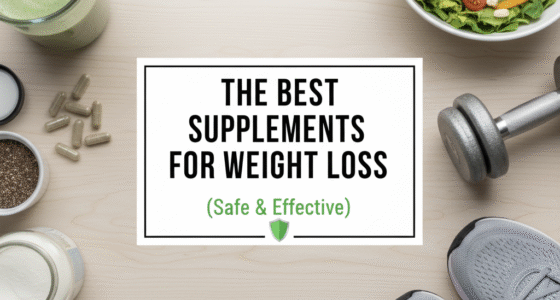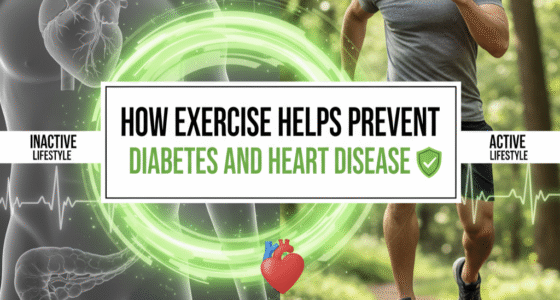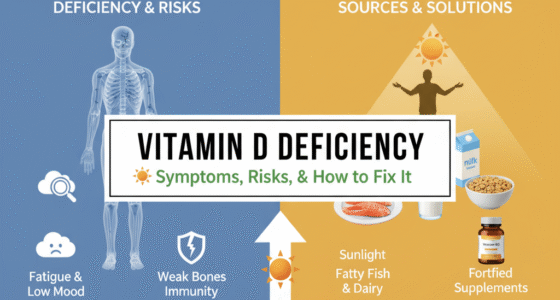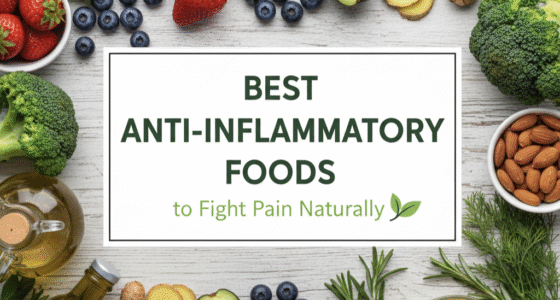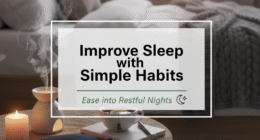High blood pressure, also known as hypertension, affects millions of people worldwide and is one of the leading risk factors for heart disease, stroke, and kidney problems. While medications are often prescribed to manage hypertension, natural remedies can play a vital role in reducing blood pressure levels and improving overall health. In this article, we’ll explore science-backed strategies, including dietary changes, lifestyle improvements, stress management, and natural supplements, to help lower blood pressure naturally and safely.
Understanding Blood Pressure
Blood pressure is the force exerted by circulating blood against the walls of the arteries. A healthy reading is generally around 120/80 mmHg. Elevated levels over time can damage blood vessels and increase the risk of serious health conditions. Factors such as genetics, diet, stress, and physical inactivity all contribute to hypertension.
Natural Ways to Lower Blood Pressure
1. Adopt a Heart-Healthy Diet
Diet plays a crucial role in managing blood pressure. Following dietary plans like the DASH diet (Dietary Approaches to Stop Hypertension) has been proven effective in lowering hypertension. Key principles include:
- Eating more fruits, vegetables, and whole grains
- Limiting salt and processed foods
- Choosing lean proteins like fish, poultry, and legumes
- Including potassium-rich foods such as bananas, sweet potatoes, and spinach
2. Reduce Sodium Intake
Excess sodium causes the body to retain water, increasing blood volume and pressure. Aim for less than 1,500 mg of sodium per day. Reading food labels, avoiding fast food, and cooking at home with herbs and spices instead of salt can make a big difference.
3. Maintain a Healthy Weight
Carrying excess weight strains the heart and blood vessels. Even losing 5–10% of body weight can significantly lower blood pressure. Combining a balanced diet with physical activity is one of the most effective ways to achieve and maintain a healthy weight.
4. Exercise Regularly
Physical activity strengthens the heart, allowing it to pump blood more efficiently and reduce pressure on arteries. Aim for at least 150 minutes of moderate-intensity exercise per week, such as brisk walking, swimming, or cycling.
5. Manage Stress
Chronic stress can contribute to hypertension. Techniques like deep breathing, meditation, yoga, and mindfulness help calm the nervous system and lower blood pressure naturally. Even taking short breaks during the day to relax can reduce stress-related spikes in blood pressure.
6. Limit Alcohol and Caffeine
Excessive alcohol consumption raises blood pressure. If you drink, limit intake to one drink per day for women and two for men. Similarly, caffeine may cause temporary spikes in blood pressure in sensitive individuals, so monitoring your intake is recommended.
7. Quit Smoking
Smoking damages blood vessels and raises blood pressure immediately after each cigarette. Quitting smoking not only improves blood pressure but also reduces the risk of heart disease, stroke, and lung problems.
8. Increase Potassium and Magnesium
Potassium helps balance sodium levels in the body, while magnesium supports healthy blood vessel function. Foods rich in these minerals include avocados, beans, leafy greens, nuts, and seeds.
9. Try Herbal and Natural Supplements
Certain natural supplements may help lower blood pressure when combined with healthy habits:
- Garlic extract: Known to improve circulation and reduce blood pressure.
- Omega-3 fatty acids: Found in fish oil, they support heart health and lower inflammation.
- CoQ10 (Coenzyme Q10): An antioxidant that may support blood vessel function.
- Hibiscus tea: Shown in studies to reduce blood pressure naturally.
10. Get Quality Sleep
Poor sleep habits, especially sleep apnea, contribute to high blood pressure. Aim for 7–9 hours of quality sleep each night. Establishing a bedtime routine, reducing screen time before bed, and keeping a consistent sleep schedule can improve rest and reduce hypertension risk.
Practical Daily Tips to Manage Blood Pressure
- Check your blood pressure regularly at home.
- Cook with fresh ingredients instead of processed foods.
- Stay hydrated with water and herbal teas instead of sugary drinks.
- Practice mindfulness or deep breathing exercises each morning.
- Take short walks during breaks at work to stay active.
When to See a Doctor
While natural remedies are powerful, it’s important to consult your healthcare provider if your blood pressure remains consistently high. Lifestyle changes can complement medication but should not replace medical treatment when necessary.
Conclusion
Natural remedies for lowering blood pressure include healthy eating, reducing sodium, regular exercise, stress management, and natural supplements like garlic and omega-3 fatty acids. By adopting these habits, you can significantly reduce your risk of heart disease and improve overall well-being. Remember, small consistent lifestyle changes often lead to the best long-term results.


